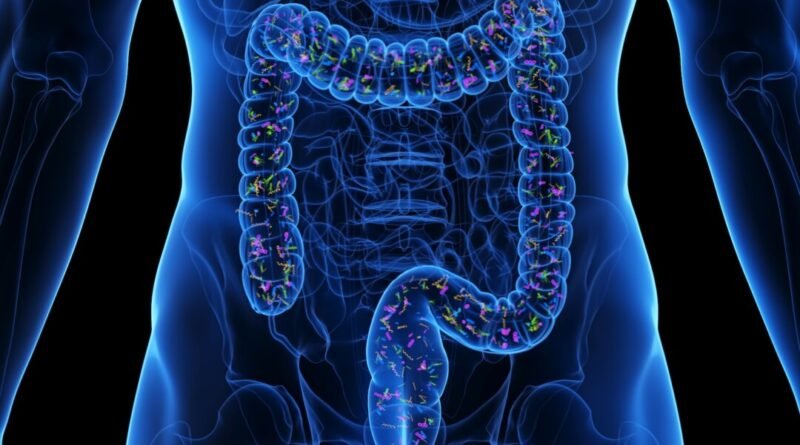Study finds that the gut microbiome could play a crucial role in the survival rates of organ transplant recipients.
Among organ recipients who died of all-causes, particularly cancer and infection, unhealthy gut microbial patterns were found.
Addressing poor gut microbial signatures could potentially prolong the lives of organ transplant recipients, as new research shows these signatures are linked to long-term survival.
Individuals with “unhealthy” gut microbial signature patterns faced a higher risk of all-cause death, particularly due to infection and cancer.
The study concluded that, “Our results support emerging evidence indicating an association between gut dysbiosis and long-term survival, suggesting that targeting the gut microbiome with therapies could potentially improve patient outcomes, although causal relationships need to be established first.”
The authors highlighted that these findings extend beyond the organ transplant community, as previous studies have linked microbial imbalances to conditions like inflammatory bowel disease, diabetes, and autism. This study is one of the few that examines gut microbiome data in relation to long-term survival.
Researchers delved into the microbial profiles of 1,337 organ transplant recipients (766 kidney, 334 liver, 170 lung, and 67 heart) and compared them with 8,208 gut microbiome profiles within the same geographical area of northern Netherlands.
Almost 60 percent of the transplant recipients were male, with an average age of 57 and an average of 7.5 years elapsed since their transplants.
The study spanned 6.5 years, during which 162 organ recipients passed away. The primary causes of death included infection, cardiovascular disease, and cancer. A crucial discovery indicated that the more their gut microbiome patterns deviated from those in the control group, the higher their likelihood of death regardless of the transplanted organ.
The researchers pinpointed 23 bacterial species that showed some correlation with the risk of death.
- An abundance of four Clostridium species was linked to death from all causes and specifically infection, along with Hangatella Hathewayi and Veillonella parvula.
- High levels of Ruminococcus gnavus, as well as low levels of Germigger formicilis, Firmicutes bacterium CAG 83, Eubacterium hallii, and Faecalibacterium prausnitzi, were associated with death from all causes and cancer.
The latter four species produce butyrate, a short-chain fatty acid crucial in combating inflammation and maintaining gut barrier integrity.





